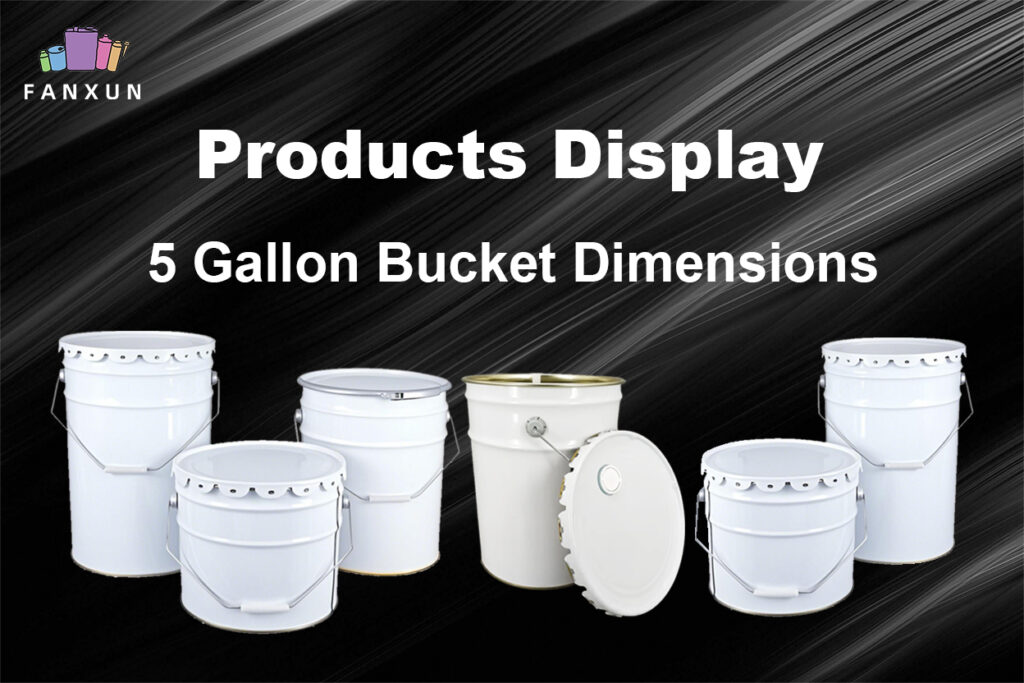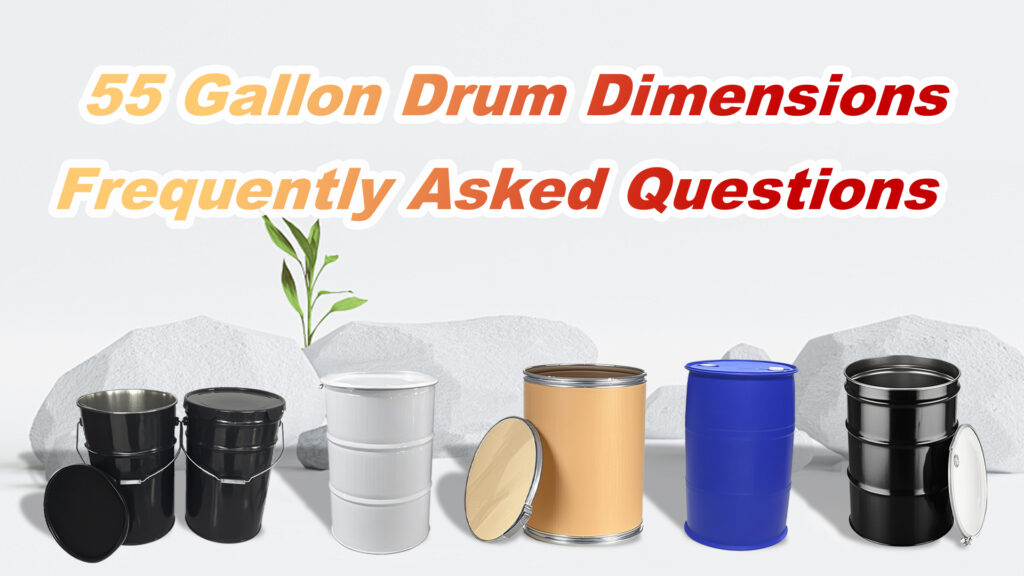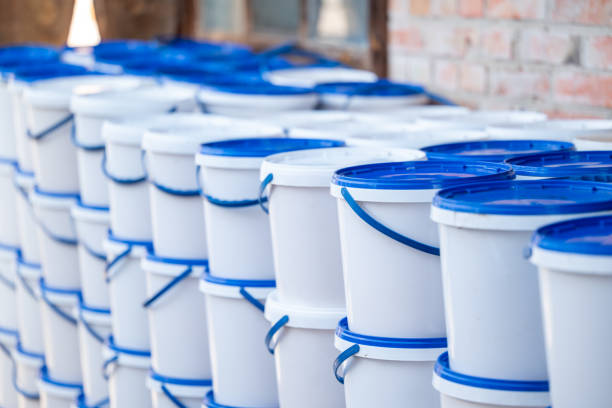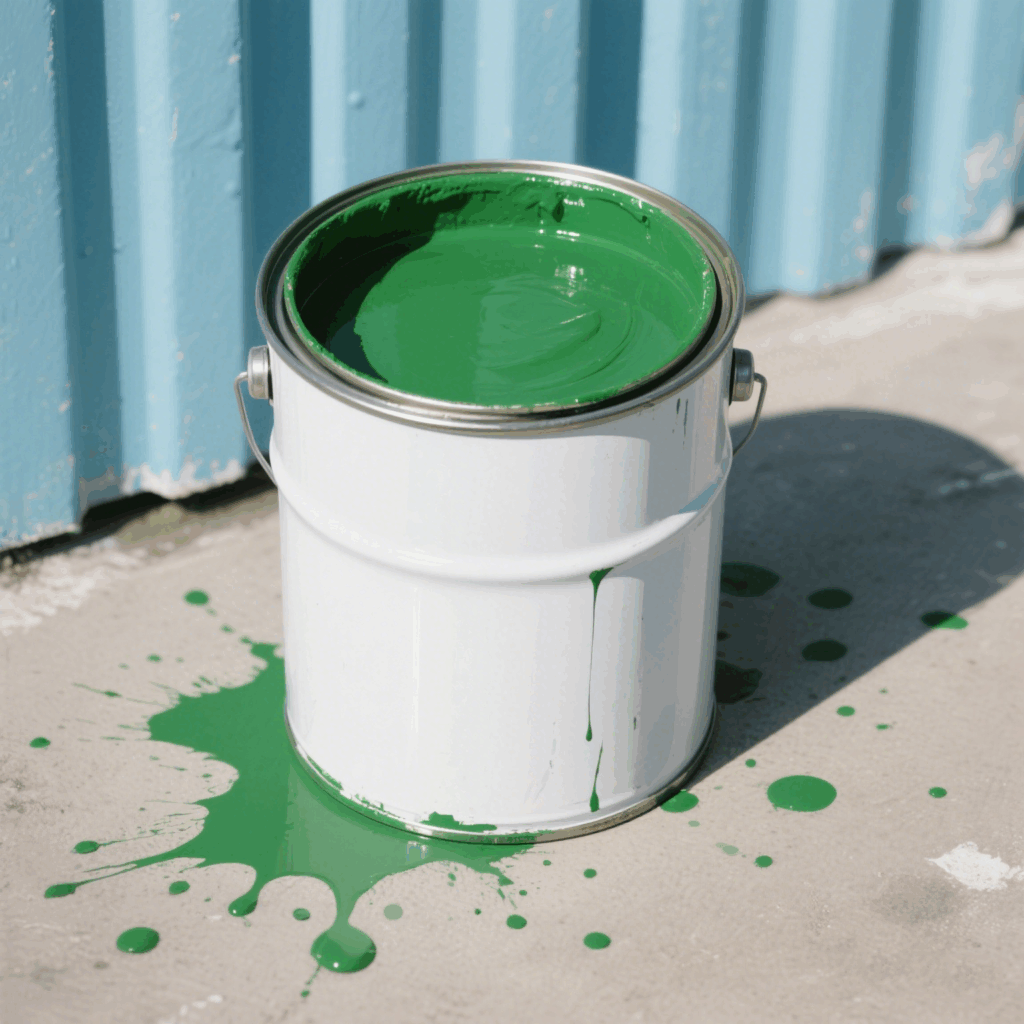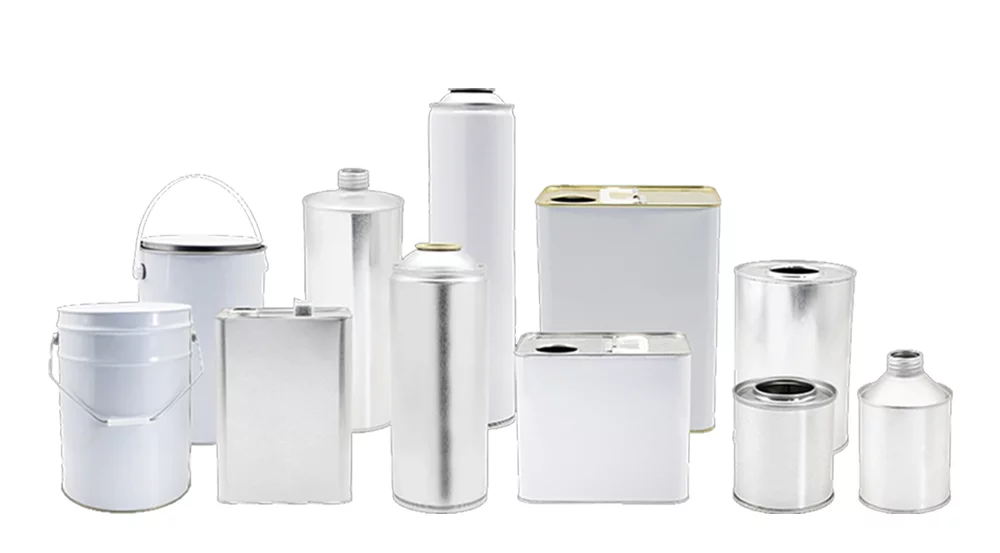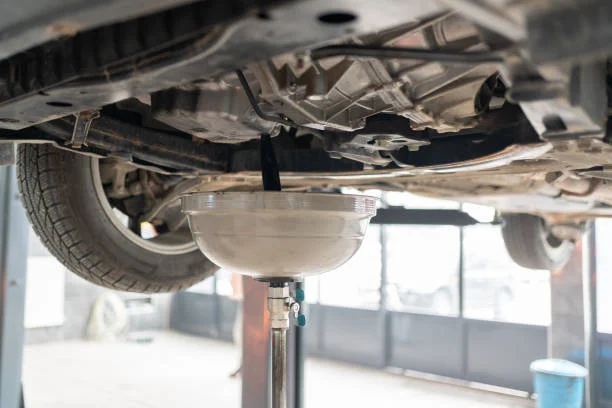
Changing your engine oil at home is a satisfying task that can save money and give you peace of mind. But once the new oil is in, you’re left wondering — how do I properly dispose of the used engine oil? You’re not alone. Many people face the same problem, and tossing it in the trash or pouring it down the drain can lead to serious environmental and legal consequences.
В этой статье, we’ll walk through safe, eco-conscious, and legal methods for disposing of engine oil, whether you’re a DIY enthusiast or a first-time car owner.
Why Proper Engine Oil Disposal Matters
Used motor oil is toxic and environmentally hazardous. Just one gallon of used oil can contaminate one million gallons of water. It contains heavy metals, chemical residues, and dirt, making it a serious pollutant if not handled correctly.
Improper disposal can:
-
Pollute water supplies and soil
-
Harm wildlife and ecosystems
-
Result in fines and legal consequences
-
Pose fire hazards if stored unsafely
So yes, disposing of engine oil responsibly is not just important — it’s critical.
How to Dispose of Engine Oil at Home
Let’s break down the proper way to collect, store, and dispose of used engine oil.
1. Drain and Collect Oil Safely
| Item Needed | Purpose |
|---|---|
| Oil catch pan/tray | To collect drained oil |
| Funnel | For transferring oil cleanly |
| Sealable oil-safe container | For storage and transportation |
| Gloves | To protect your hands |
-
Park your vehicle on level ground.
-
Warm the engine slightly for better flow, but don’t drain when it’s hot.
-
Unscrew the drain plug and let the oil flow into a catch pan.
-
Once drained, transfer oil to a sealable, clean plastic container — ideally the original oil bottle or a designated oil jug.
Do not mix used oil with other fluids like antifreeze, brake fluid, or gasoline — this makes recycling nearly impossible.
2. Store the Oil Correctly
Keep the used oil in a:
-
Tightly sealed container
-
Clearly labeled “Used Engine Oil”
-
Cool, сухой, and shaded area
-
Away from children, pets, or ignition sources
Don’t use milk jugs or soda bottles — they can degrade or be mistaken for drinkable liquids.
3. Recycle or Drop Off at an Approved Location
Most auto parts stores and local recycling centers accept used engine oil for free.
Common Disposal Options
| Расположение | What They Accept |
|---|---|
| Auto parts stores (НАПРИМЕР., AutoZone, O’Reilly) | Used oil and sometimes oil filters |
| Municipal waste centers | Household hazardous waste, including oil |
| Service stations or garages | Some accept oil from DIYers (call first) |
| Mobile collection events | Offered by local governments quarterly or yearly |
Use Earth911.com or contact your city’s waste department to find the nearest drop-off point.
What About Used Oil Filters?
Used oil filters also need careful disposal. Here’s how:
-
Let the filter drain completely (overnight if possible).
-
Place it in a sealed bag or container.
-
Many locations that accept oil also accept filters.
What NOT to Do
Avoid these common and dangerous mistakes:
-
Never pour oil down the drain, toilet, or storm sewer
-
Don’t dump oil on the ground or in the trash
-
Avoid storing oil for long periods in your garage
-
Don’t mix oil with other car fluids
These actions can lead to fines, soil and water contamination, и serious environmental damage.
Часто задаваемые вопросы: Engine Oil Disposal
Q: Can I throw used engine oil in the trash if it’s sealed in a container?
А: Нет. Even if sealed, engine oil is classified as hazardous waste and must be recycled properly.
Q: How long can I store used engine oil before recycling?
А: It’s best to recycle it within 30 дни. Long-term storage increases risk of leakage and contamination.
Q: What if there’s no recycling center nearby?
А: Check local auto shops — many are legally required to accept a certain amount of used oil from the public.
Q: Can I burn used engine oil in a fire pit or heater?
А: Only certified waste oil burners can do this legally. Otherwise, it’s illegal and hazardous.
Q: Do I need to clean the oil container before recycling it?
А: Нет. Used oil recyclers typically handle the cleaning process. Just make sure the container is properly sealed.
Final Thoughts
Disposing of engine oil may feel like a minor chore, but it carries a major environmental and legal impact. By following the right steps — collecting it safely, storing it properly, and recycling it through approved centers — you’re doing your part in keeping the planet clean and your conscience clear.
Whether you’re a weekend mechanic or someone simply changing oil for the first time, the process is easy, responsible, and worth the effort.















